phylomedicine
Phylomedicine is an emerging discipline at the intersection of medicine, genomics, and evolution. It focuses on the use of evolutionary knowledge to predict functional consequences of mutations found in personal genomes and populations. Individual genomes can differ at millions of positions, many located in genes strongly associated with heritable diseases, which must be first diagnosed using in silico (computational) approaches. We are developing innovative technologies and statistical methods that use present and past patterns to predict the mutations that are most likely to be detrimental to a person’s health, affect their ability to metabolize drugs, or cause drug resistance. Ultimately, we are investigating how, where, why, and when specific mutations occurred in our genomes, and what their functional significance is to us, as well as to future generations.
Phylomedicine differs from many other sub-fields of evolutionary medicine in terms of the number of species and the amount of time considered. Phylomedicine analyzes widespread patterns in the genetic code of many different species over a large span of evolutionary time, whereas evolutionary medicine is often focused on understanding the historical reasons and patterns of diseases. While other evolutionary medicine investigations may focus on relatively short periods of time, phylomedicine expands this to encompass numerous species over a far larger timescale. Evolutionary Medicine is often about retrospective analysis of data, whereas Phylomedicine places equal emphasis on retrospective and predictive analyses.
